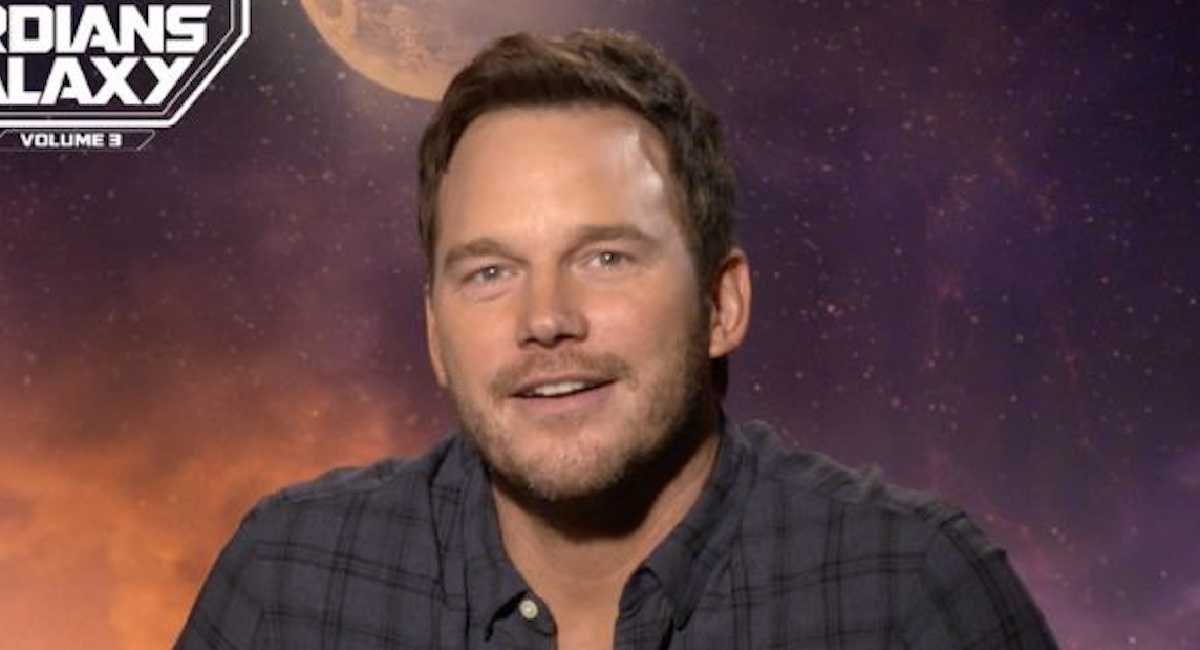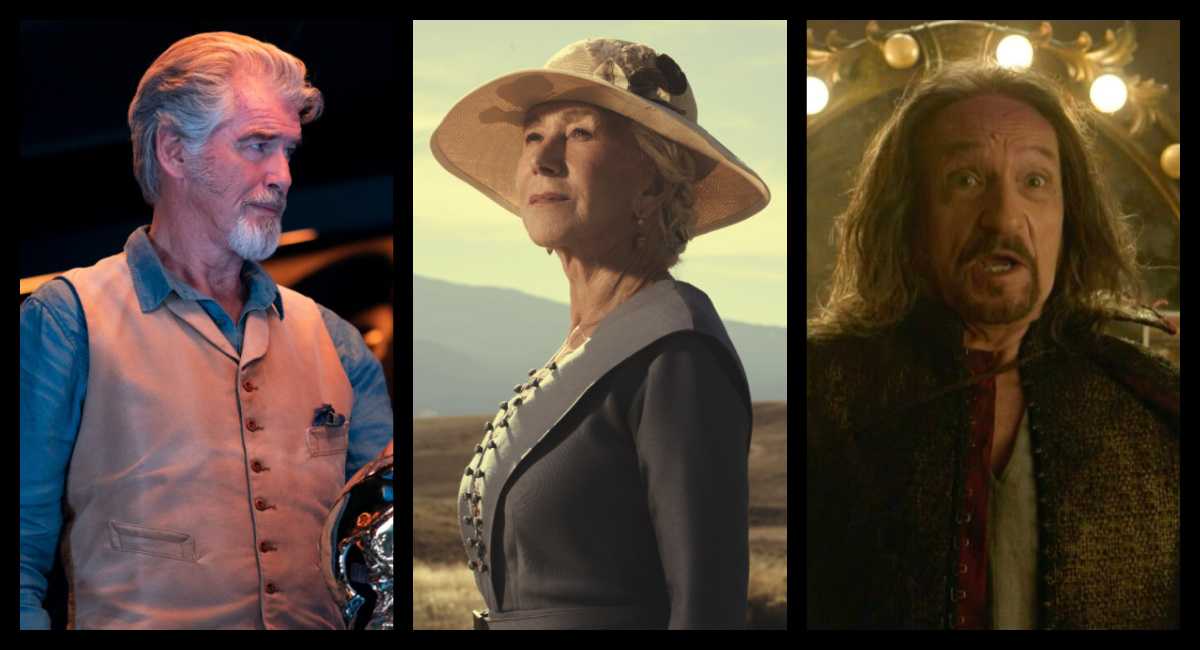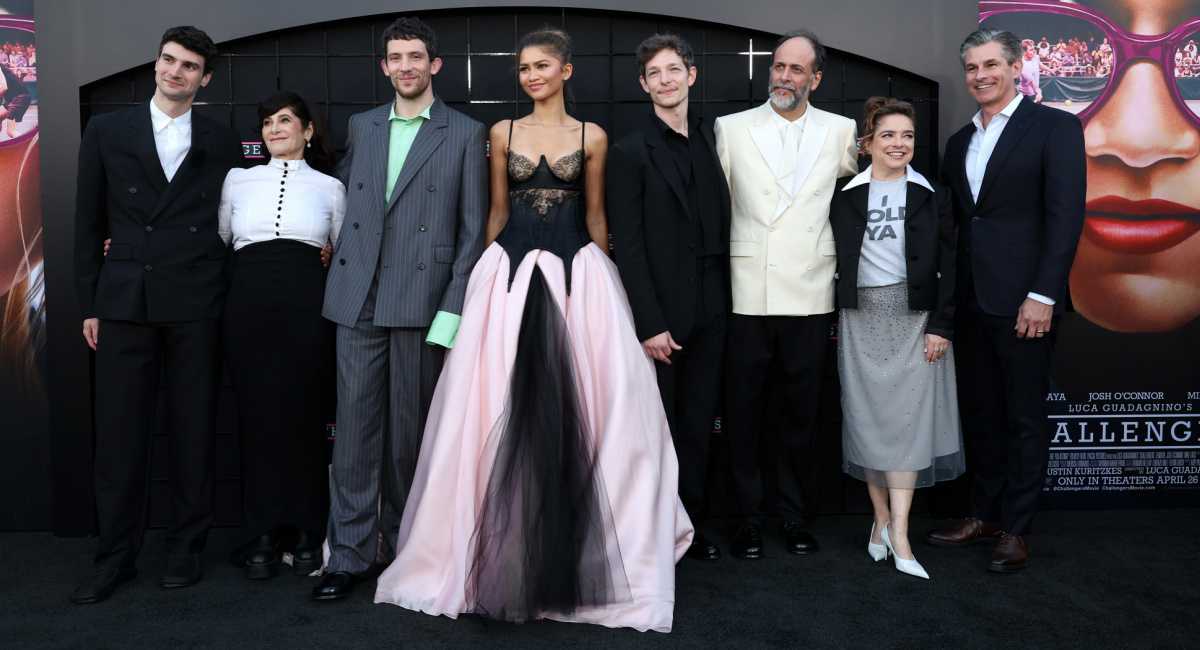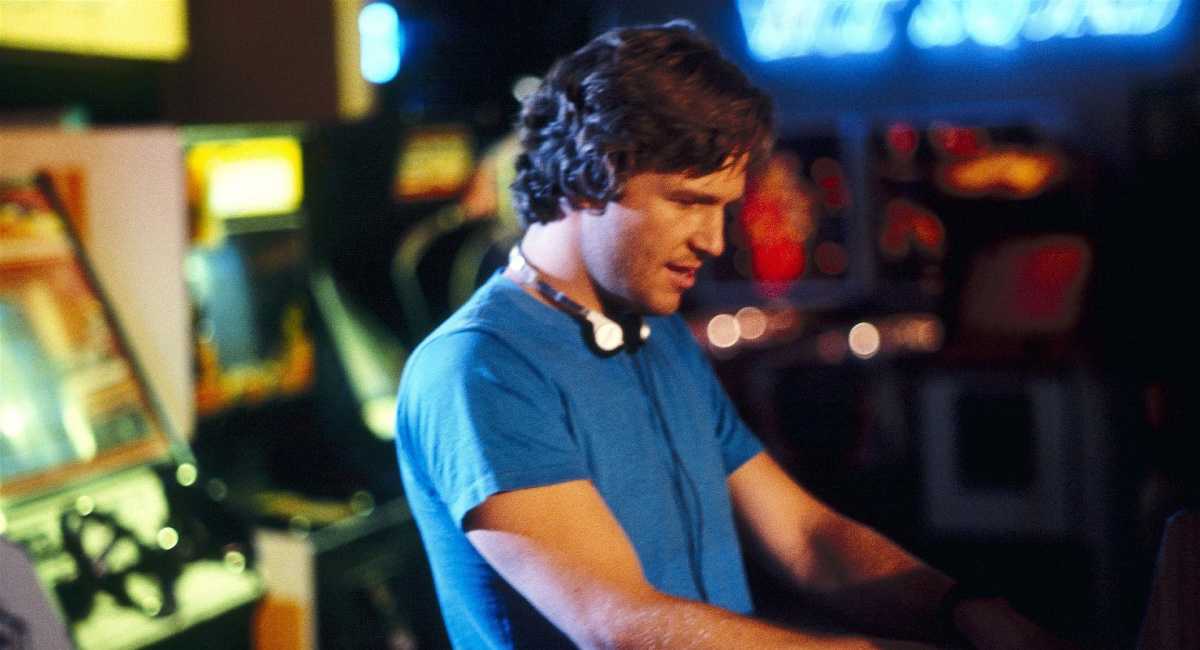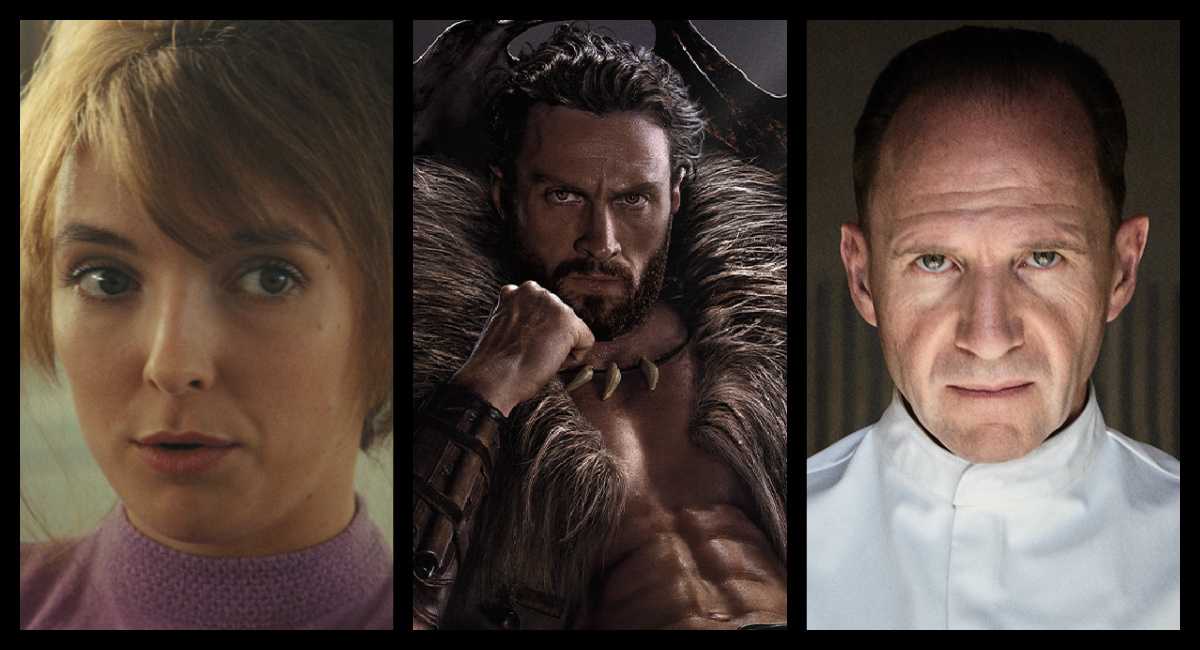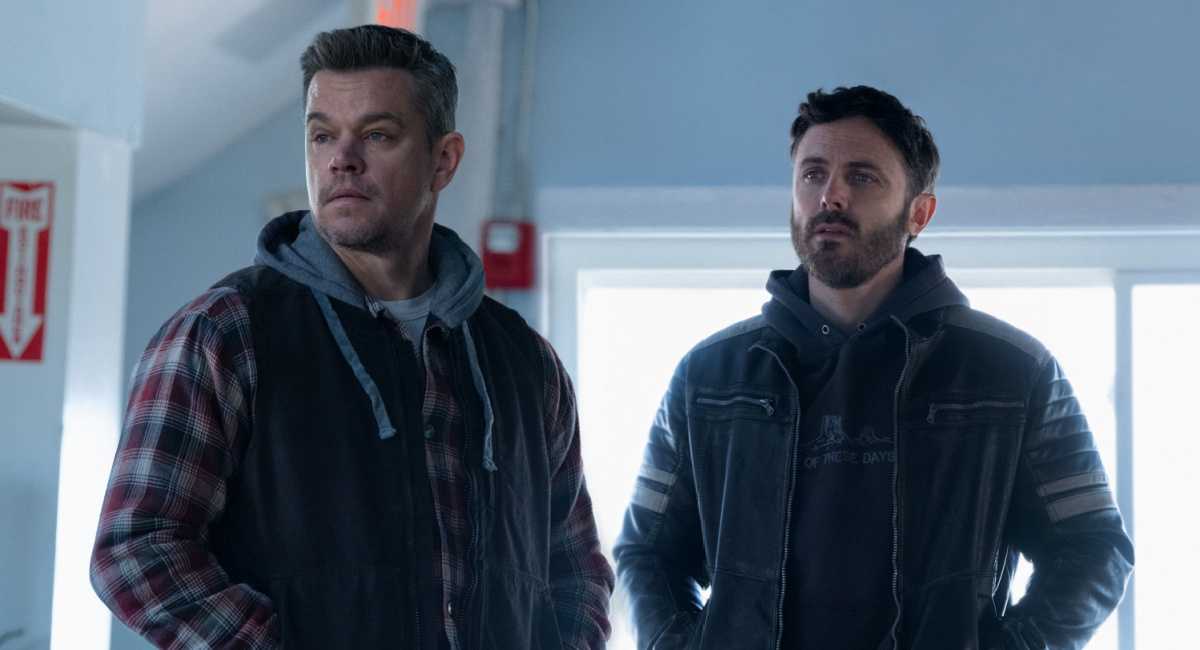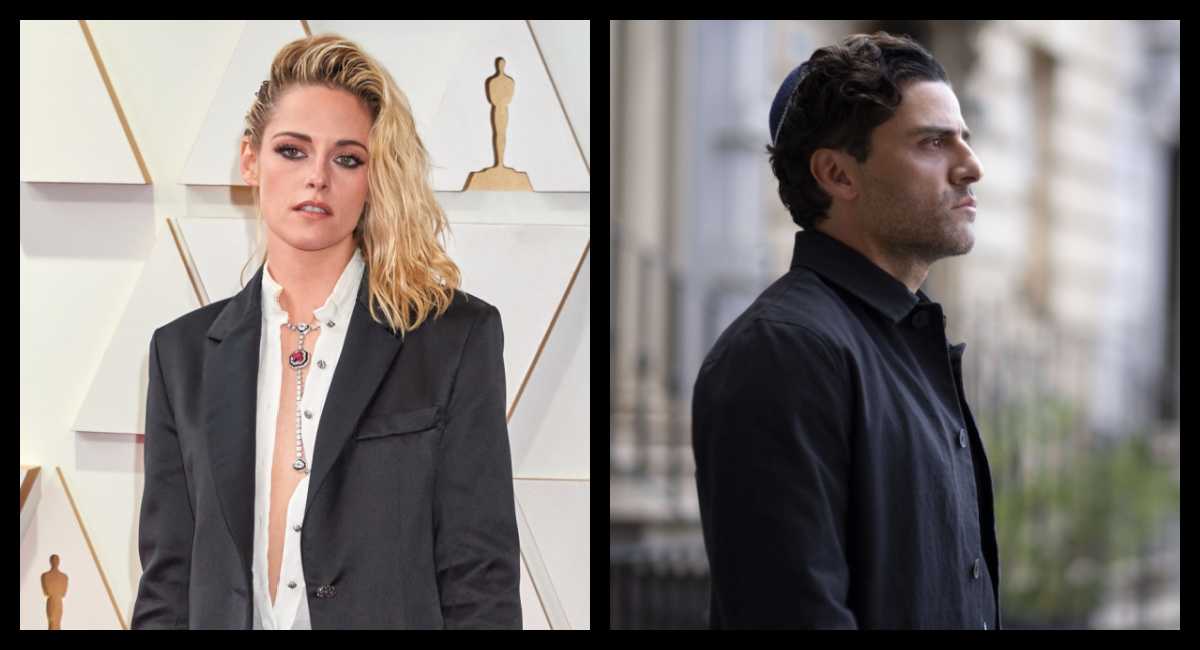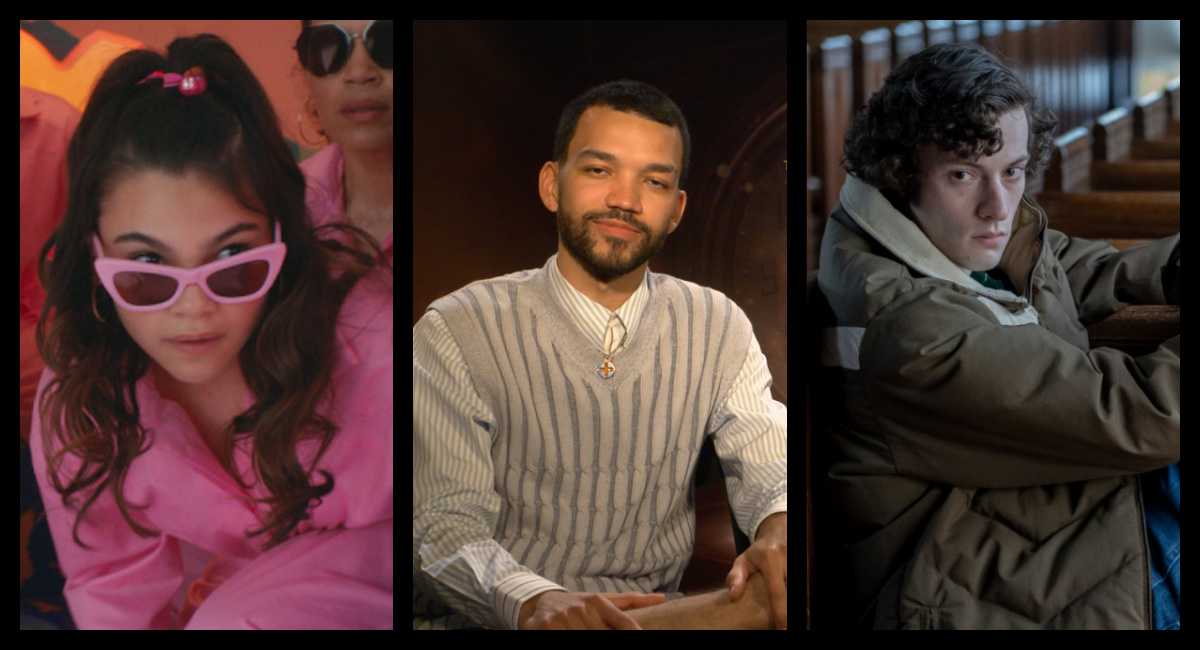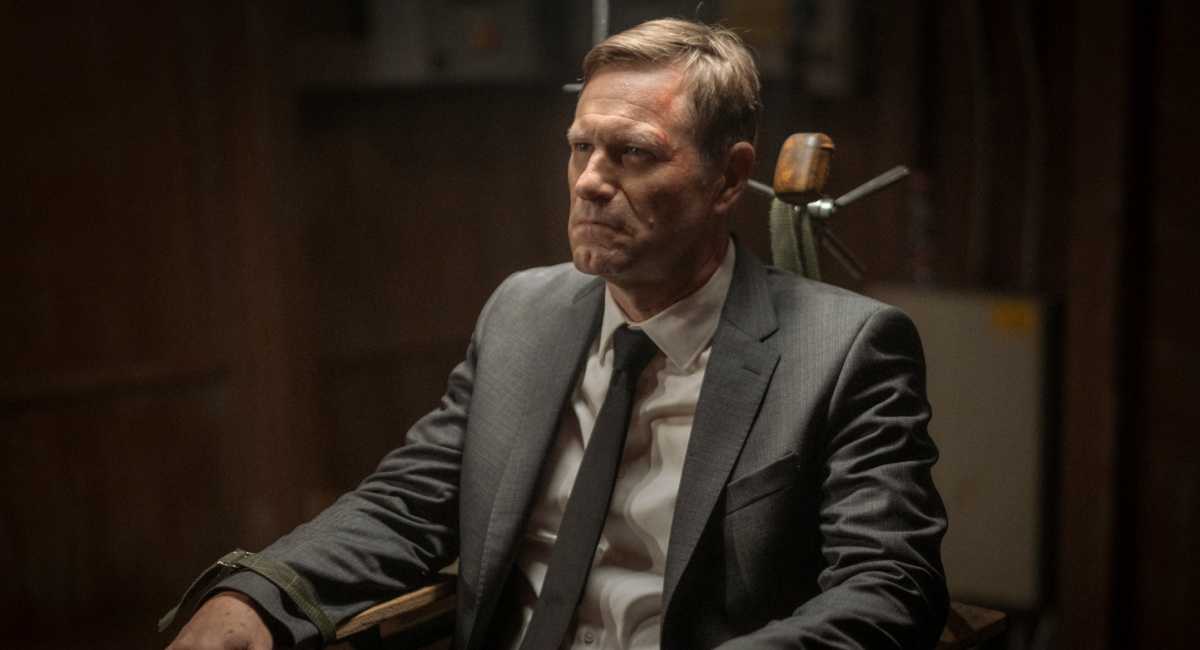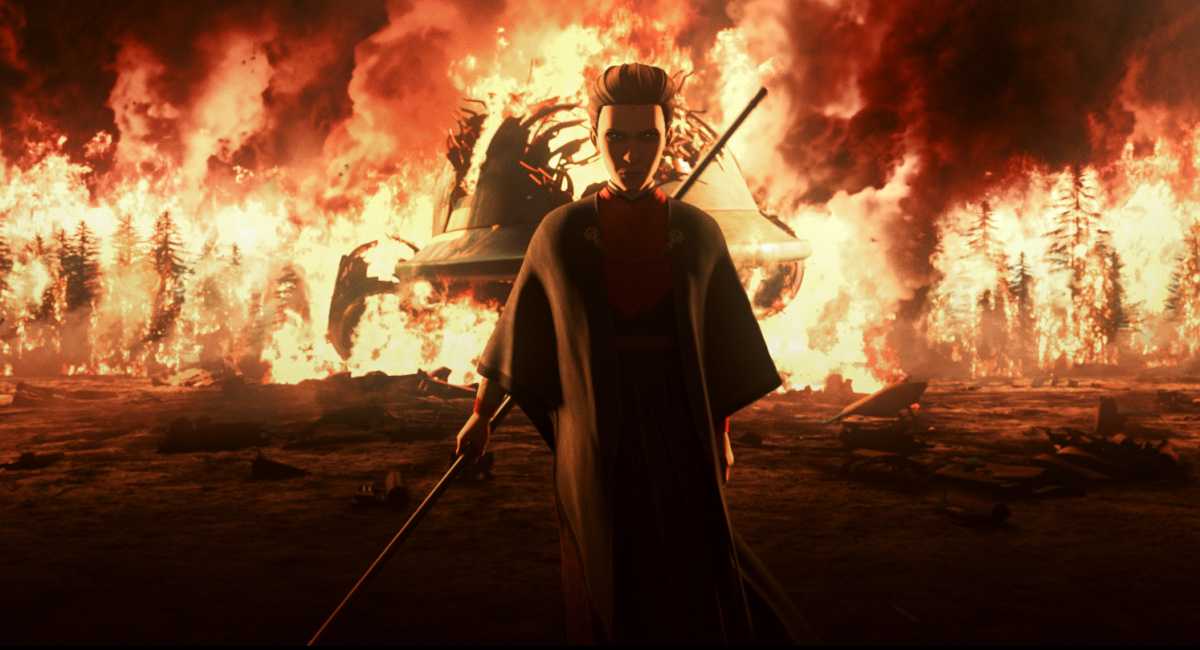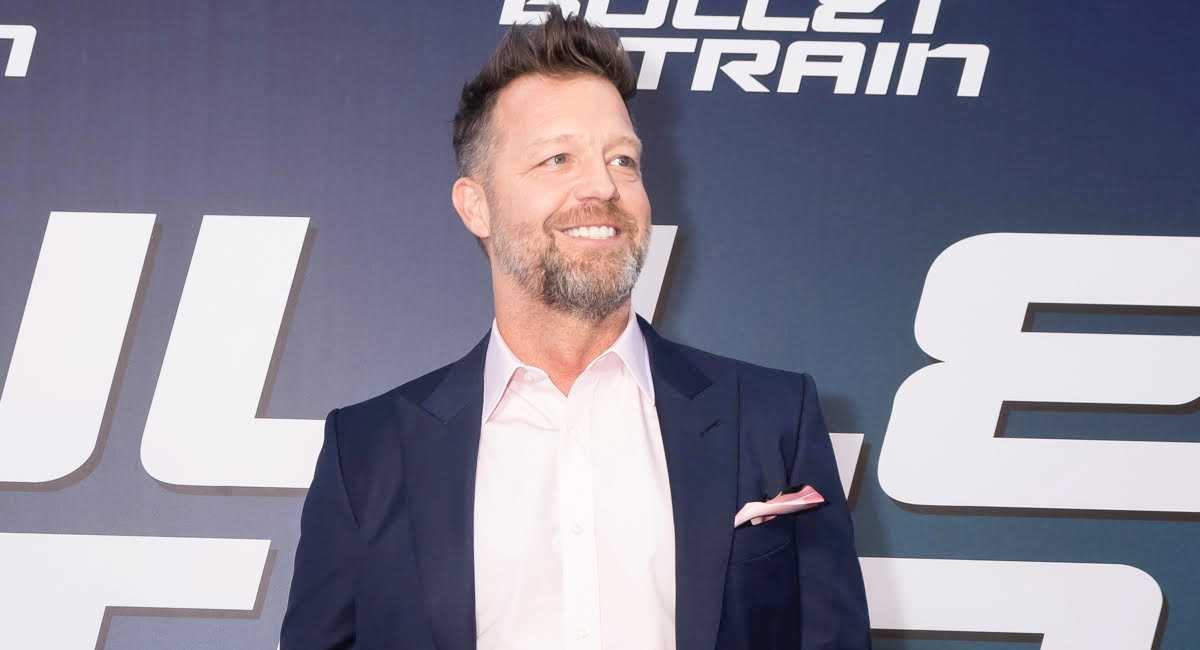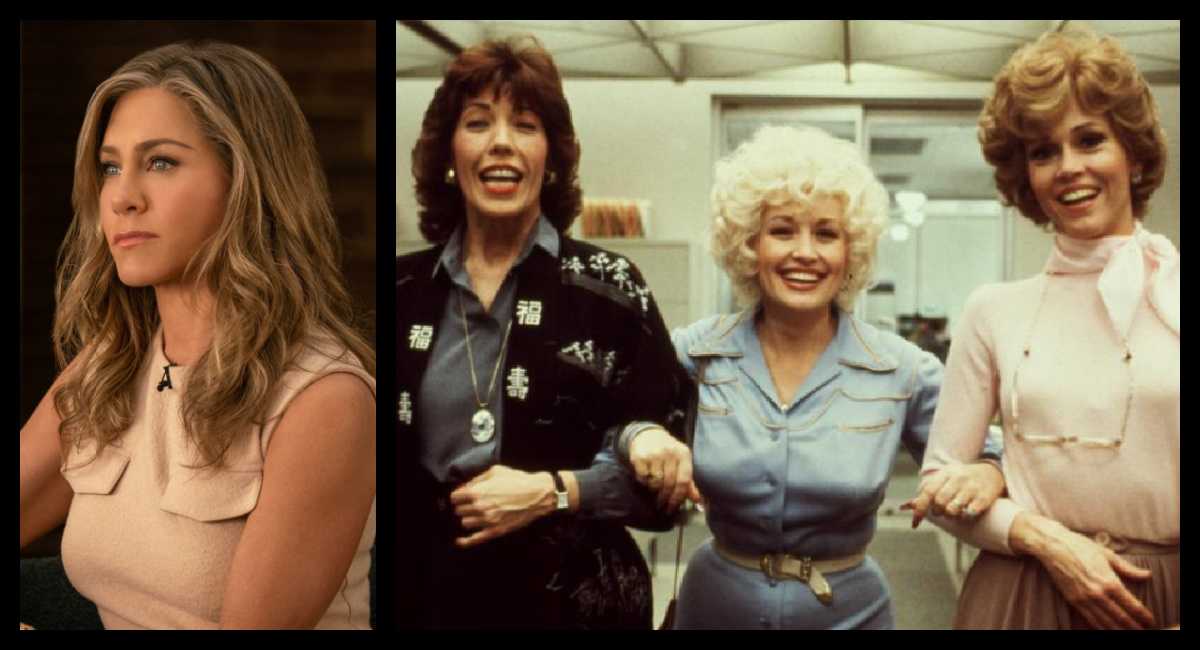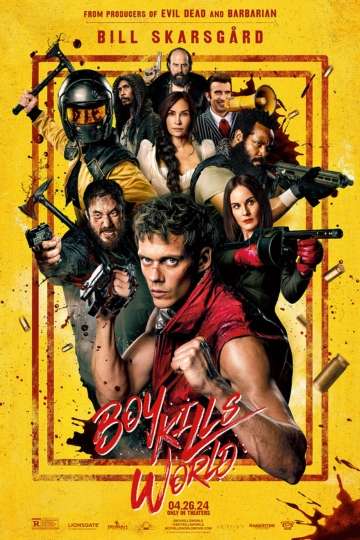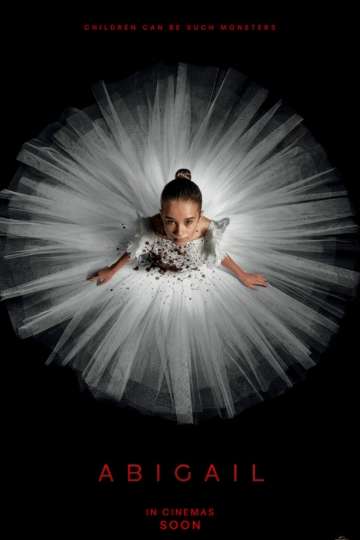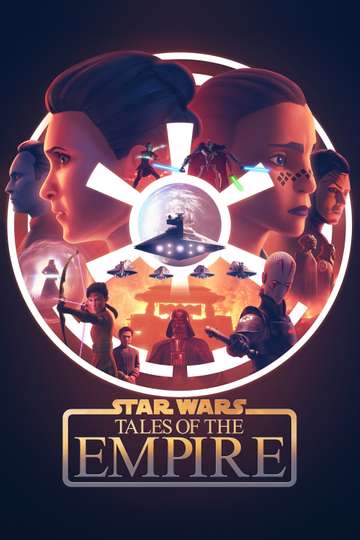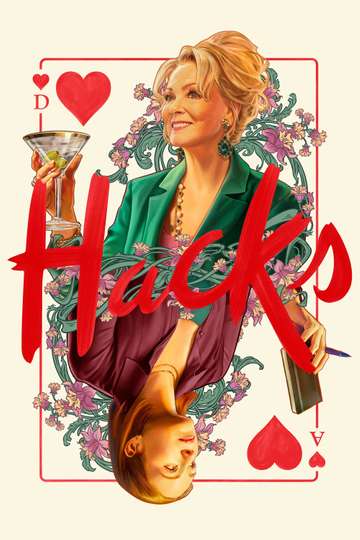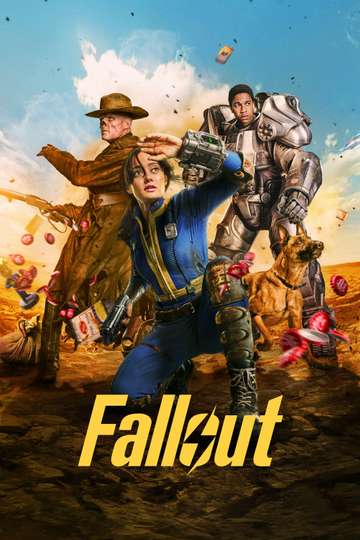What 'The Gifted' Star Stephen Moyer Learned About X-Men from Wife Anna Paquin
After seven seasons of playing a dashing, supernaturally powered vampire in the Southern Gothic world of "True Blood," The Gifted" is as human as they come –- but surrounded by super-powered mutants, including his own children.
But don't go scouring through countless comic book back issues in Marvel's X-Men line looking for the pen-and-ink antecedent of Moyer's Reed Strucker. He's a wholly original creation for the new series set within -– or at least adjacent to –- the X-Men cinematic universe of the 20th Century Fox film franchise (but there is very likely some significance to his familiar-to-comics-fans surname).
Strucker's a D.A. who specializes in prosecuting crimes relating to mutants, the genetically enhanced and often persecuted individuals who form both the X-Men and the various enemies they combat. But his world is turned upside down when his teenage children Lauren and Andy come into their mutant gifts, and he finds his family suddenly on the run and allied with the same kind of genetically gifted rebels he was putting behind bars.
It's Moyer's first foray into a super-heroic world, but one he entered with plenty of preparation: his "True Blood" co-star and wife Anna Paquin logged plenty of hours in the X-verse playing Rogue for filmmaker Bryan Singer, who executive produces "The Gifted" and directed the first episode, and as Moyer tells Moviefone, she was the perfect professor when it came to Mutant 101.
Moviefone: I hear you had a lot of fun doing your research, going through your iPad checking out all the old comics. Was that more of a treat than you thought it was going to be when you first starting diving into it?
Stephen Moyer: Yeah, there's such a never-ending resource. It was extraordinary. Yeah, that [Marvel Unlimited] app's amazing, so that was a lot of fun, getting to know the world.
I went back and watched all of the "X-Men" [films] again so it was really fun seeing a 17-year-old Anna. This show has no lack of ambition, in terms of scope. It's quite rare to be able to do a television show where, artistically, if you can come up with a reason to do something and it pushes the narrative along the network will say yes. And [Fox] is incredibly behind the show in terms of narrative dramatic storytelling and character.
So that's pretty exciting, because it means that you get to do it correctly. There's no way that you look back at episode one or two and go, "Oh, I wish we could've done that." Because they've let you do it. Anything that the writers have been able to think of, if there's a good reason and it tells the story in the right way and has the impact on the characters, then they've pretty much let us do it.
So tell me what's been intriguing to you about that process? Working with Matt to develop this character without some kind of road map that's already been written out.
When Matt [Nix] came to me with the script, there were some differences in the version of Reed that you've seen, and on paper he was quite dark. He was secretive, and you didn't quite know where his intentions lay – and that was really interesting. And of course, as an actor when you read scripts, certainly for me, I'm always looking at "Oh, that's nice. I get to play that. Oh, that's a dark twist. That's interesting. It's gonna go this way..." If you've got that to do in the course of either a season or seven seasons or even an episode, as was written in this, then it's really exciting.
But ultimately, because the audience are watching the show through Reed's eyes, they have to connect with him. They have to attach to him. And there has to be something that is redeeming somehow. So we make some alterations and did a couple of rewrites and just honed it a bit... so there were a couple of changes that we made which I think, ultimately, are the right choices.
A lot of the superhero projects are about individuals who sort of come together as a family. This has a little of that but also starting with an actual family. What was intriguing to you about that element of it and trying to bring that into the superhero genre?
Well, I like that fact that it's about an everyman, and it has the added layer, of course, in Reed's case where the very thing that his kids become is the thing that he prosecutes. I think that it brings into question for him everything that he's built. Everything. The 2.4 kids, the house, the swimming pool, the nice life at the country club. The seven years of law school. The 20 years of practicing law. Everything that he's done is about to get flipped on its head for the very thing that he's been studying.
And it's almost like Einstein's theory of doing things wrong repeatedly, so I think that what I was most drawn to: the fact that, ultimately, he's always going to choose family, and that means being prepared to give up on everything that he's ever believed in.
The X-Men has always had this theme of the outsider and being persecuted and it's applied in different ways in different eras. Tell me what appeals to you about what you guys are doing with that theme –- especially today, with the climate being different than even when Matt sat down to write this the pilot.
It's a really interesting aspect of what we're doing, I think. When Matt sat down to do this there were certain elements that he and Bryan put into the pilot that they had absolutely no way of knowing would be as prescient as they are now. 18 months ago. There's no way.
And it's because of that, I think, that in our pilot it doesn't feel heavy handed. Because it's authentic. And therefore the zeitgeist-y element of it is...you know, zeitgeist is something that happens by accident, not something that you're copying. Zeitgeist is a feeling. And so you'd be hard pushed to watch our show without thinking about present society but it's a happy accident, if you like. It's not that happy, but it's good for us because I think it's a really interesting aspect of our show.
You obviously had the advantage of Matt and Bryan's X-brains, but did your wife [Anna Paquin] give you any special hints about how to deal with this franchise and phenomena?
She did. Anna was great, because we were in Toronto when the script came to me and I was working on a project with her, and I'd read it. And the way it works now, because of the internet the way it is, when Fox or Marvel sends you something, they send you an exploding link. It lasts, like, two hours. So we had this two hour link and I read it and I thought, "Oh, this is really, really good."
And Anna and I had discussed the fact that we were gonna try and find something to do in LA, try and find something to do that was where we'd all be together. And this was down in Dallas, and so I immediately was a little bit reticent because I wanted us to be together. And then she read it and she went, "You're on crack. This is awesome." I had to get the exploding link put back up again. But I was also really interested to see what she thought from an X-point of view, and she thought it was excellent.
And so then it just became, "Okay, so I'm now gonna mine your extraordinary brain and just ask you things." And she told me some great things about working with Bryan. They're very close, those two. So I was kind of prepped for the Bryan-ness of the role and she gave me some pointers about research and knowing your topic –- because you kind of don't get forgiven for that. Which was great and I would have done anyway but I was like, "Noted." She was an invaluable resource for me and is constantly. It was also, as I said, it was really nice getting to back and watch the films from scratch.
Did she prepare you for the fact that people like me will ask you constantly now, "Will we see Rogue on the show?"
Yes. Well, you know, poor old Anna has ... when she did "Days of Future Past," we were shooting season six, I think. of "True Blood," and there was absolutely no way that they could get her out for a week of "True Blood." And they wanted her for longer but we couldn't even release her for a week.
Somehow, bless his heart, Gregg Fienberg, our Executive Producer on "True Blood," managed to find five days. And so she flew to Toronto and shot the first five days – but it was five days that she shot before the production was even up and running. And when she came back from Toronto she said, "You know, the interesting thing is that having been part of this world, and knowing how these films come together, and knowing that I'm right at the beginning and these scripts will go through 25, 30, 40 machinations as they move forward. I'm not gonna be in the film."
She went, there's no way that in six months time, when they come to the end of the film -– because her character was in the end of the film -– that that's gonna be the ending that they'll have come to, by that point. She's a really smart lady. She knows how this stuff works. She knows that people are gonna ask. She sat me down and explained it to me.
And of course I thought rather astutely I answered that question the first time I was asked: "It's an X-Men universe –- Is it possible? Yes." And of course that was a mistake because then up online it becomes [a headline], but there is no plans to do it. Is it possible? Yes. But the X-Men world is over here and our world is here, and our world is now as opposed to 10 years ago. There's no plans to do so, and I know nothing. So I've probably just dug a hole... but I know nothing.
It won't be in the headline here. I'll give you that much.
I know nothing!
How has this required you to use different muscles than your last series?
It's always interesting, one of the things I get to do that a lot of the others don't get to do is use an accent. So, for me, I always spend a lot of time on that. Last year it was North Carolina. Let's see, "True Blood" was Louisiana, and North Carolina is quite different. So I spent a lot of time following this lovely guy that I was working with who was the Captain of Charlotte police. And me and Ken –- Captain Ken, as I called him -– became very close. For me, it's another part of the costume of the character so this is a very specific, different accent.
And so I go online and I listen to voices and I find a voice that I like and this one, very specifically, was Jon Hamm –- I like Jon's voice. So I went to YouTube and then found some voice recordings that he's done and I have them on my phone and I also have a dialect coach. And so I go to the dialect coach and I say "This is what I want to sound like. This is the place..." I then invent where he's from, somewhat around where Jon's from, and then I start creating it. And then it veers off and it becomes what it becomes.
What do you love about genre entertainment? Because "True Blood" obviously fit that mold, and so does this. What's fun about working in genre?
The writer gets to use a framework that, on paper, feels like it's completely different from the world we live in. But you get to use that, for want of a better way of putting it, sci-fi framework to create a story that is very prescient to today's society.
"The Gifted" premieres tonight on Fox. Check your local listings.


